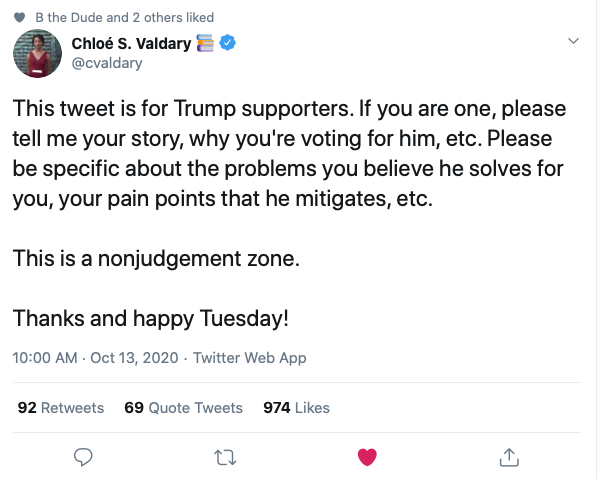Andrew Sullivan: Why Woke Works
At The Weekly Dish, Andrew Sullivan has published an excellent analysis of the success of the Woke movement and why, despite it's many deep conceptual flaws, it won't go away any time soon. Here's an excerpt:
The truth is that liberal democracy is hard, counter-intuitive, complicated and requires self-restraint, reason, and toleration at levels most humans are incapable of. That’s why it is such a rare and fleeting exception in the world today and all but non-existent for the vast majority of human history. Critical race theory is much more attuned to human nature. It gives you the simplest template for understanding the world, it assigns you virtue if you assent, it gives you instant power over others purely because of your and their identity, and it requires nothing more than tribal instinct to thrive. That’s why it is here to stay. And why the fight for liberalism is going to be long and hard and require as much courage, steel, and rigor as we can muster.




